BBC Two TV Shows
1963 shows • Page 90 of 99
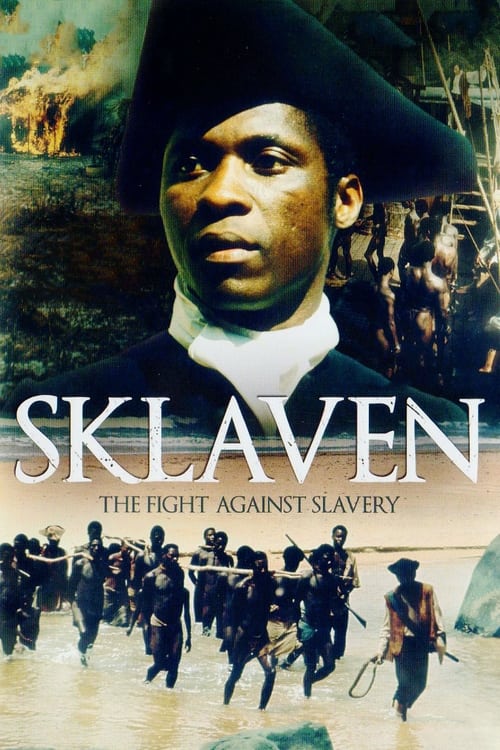
The Fight Against Slavery
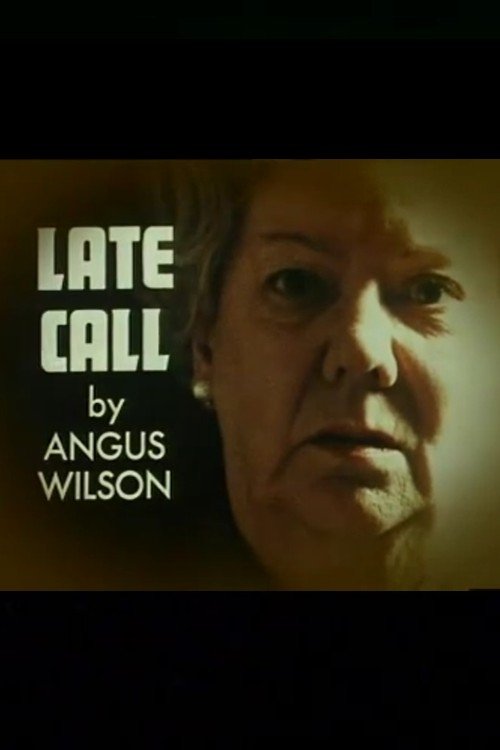 0
0Late Call
Elderly couple Sylvia and Arthur Calvert are forced to move in with their widowed son and his children in Carshall New Town.
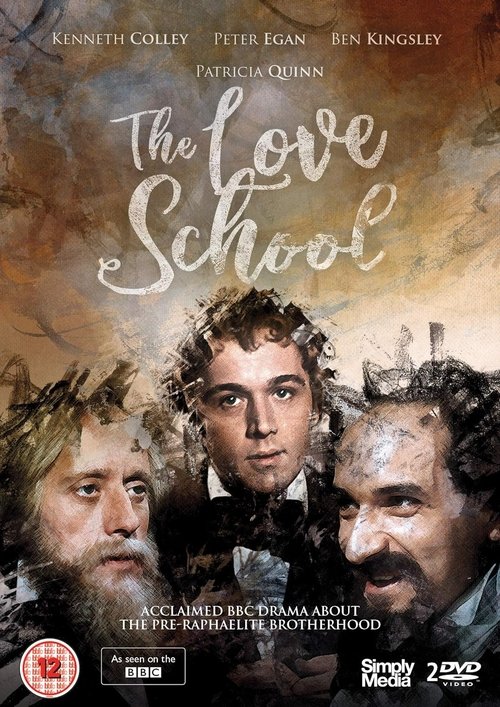 0
0The Love School
The Love School is a BBC television drama miniseries originally broadcast from 22 January to 26 February 1975 about the Pre-Raphaelite Brotherhood. The series was written by John Hale, Ray Lawler, Robin Chapman, and John Prebble, and directed by Piers Haggard, John Glenister and Robert Knights. The drama was a significant influence on the subsequent 2009 series Desperate Romantics. It was also the basis of the historical novel of the same name by Hale.
 0
0The End Of The Pier Show
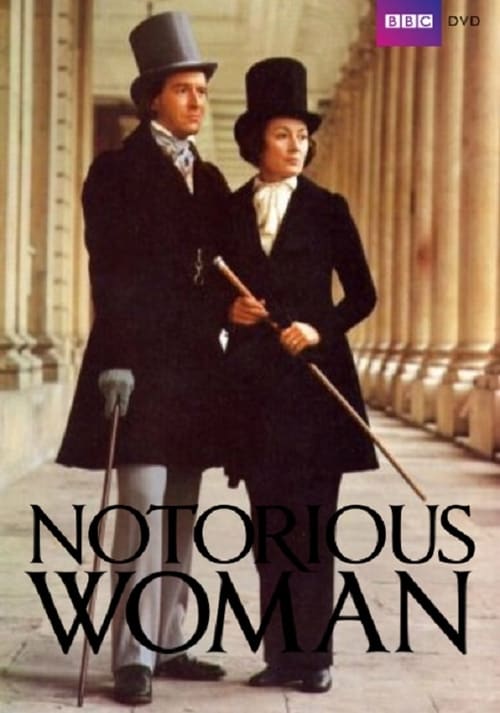
Notorious Woman
The incredible life of novelist George Sand is explored with a particular focus on her romance with the famed musician Frédéric Chopin.
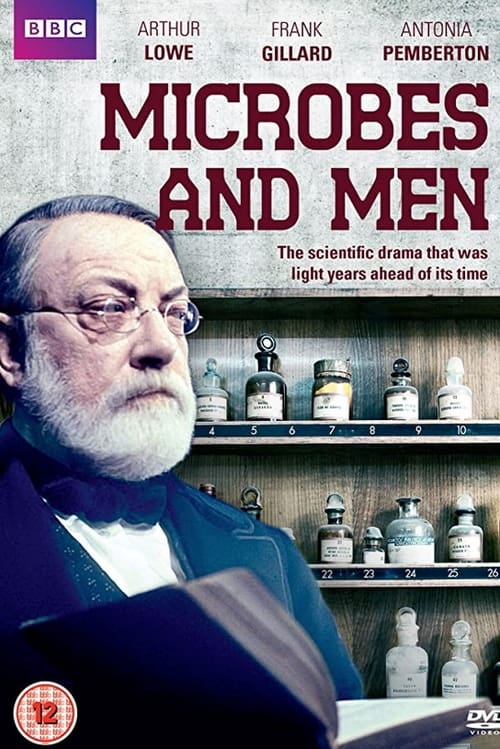
Microbes and Men
Dramatised stories of the founders of modern medicine. Until the 1840s, medicine had remained basically unchanged since the days of the ancient Greece. In the 60 years following it was transformed into a modern science.
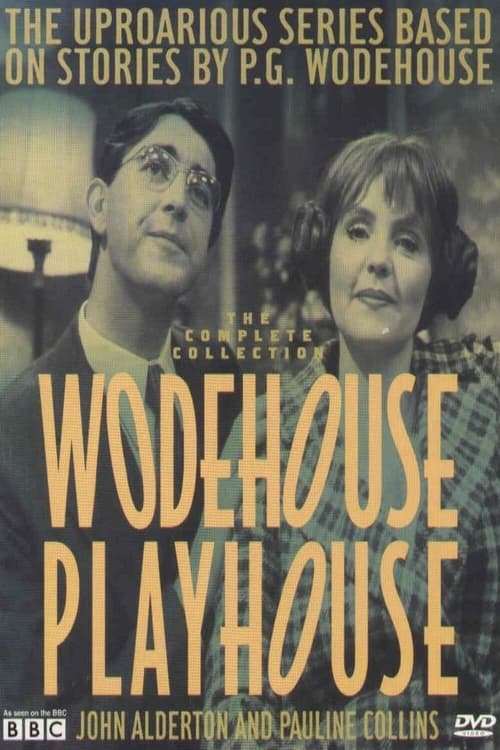
Wodehouse Playhouse
Wodehouse Playhouse is a British television comedy series based on the short stories of P. G. Wodehouse. From 1974 to 1978, three series and a pilot were made, with 21 half-hour episodes altogether in the entire series.
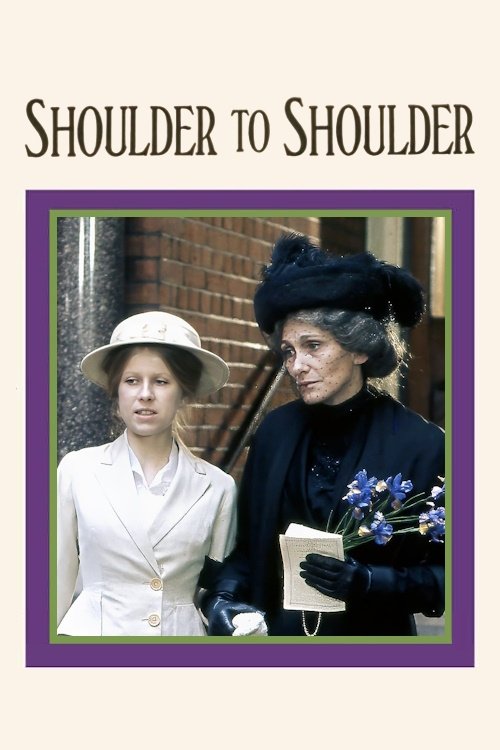
Shoulder to Shoulder
Shoulder to Shoulder is a 1974 BBC drama serial created through the collaboration of actress Georgia Brown, filmmaker Midge Mackenzie, and producer Verity Lambert. A dramatisation of the history of the women's suffrage movement in Britain, focusing on the Pankhurst family and their fight for women's right to vote, the six-part series, starring Siân Phillips as Emmeline Pankhurst, is considered a landmark in feminist television drama.

Playhouse
A one-hour anthology television series of one-off contemporary and classic dramas produced by the BBC.
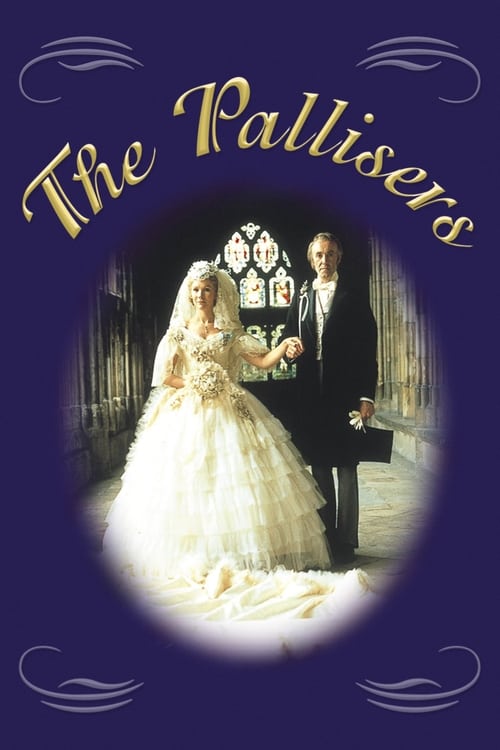
The Pallisers
This sprawling BBC saga follows an aristocratic family through three generations of power, wealth, intrigue, and scandal in Victorian England. Based on Anthony Trollope’s “political” novels .
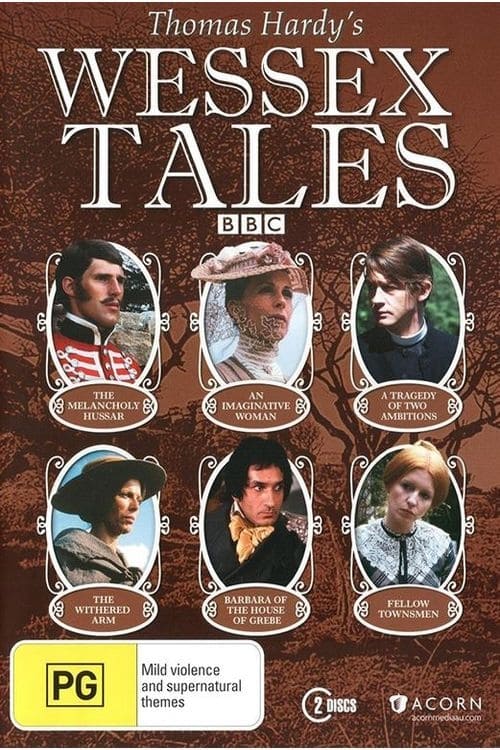
Wessex Tales
An anthology series based on the Wessex Tales, a collection of short stories written by novelist Thomas Hardy.

2nd House
Topical arts magazine introduced by Melvyn Bragg.
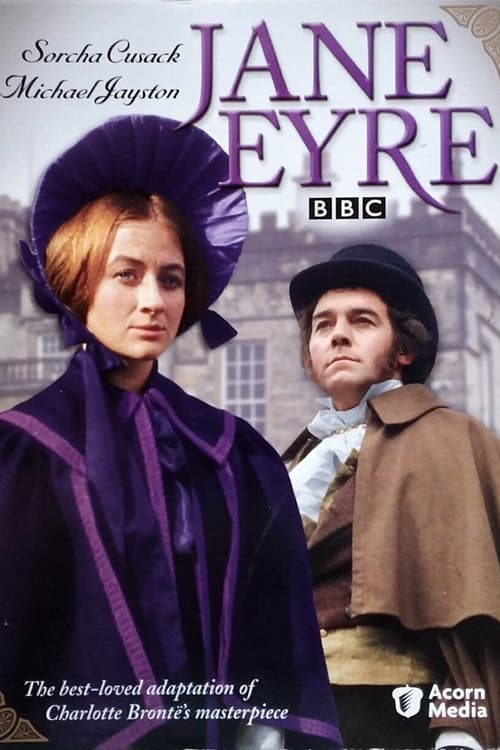
Jane Eyre
Charlotte Brontë's novel Jane Eyre has been the subject of numerous television and film adaptations. This 1973 four-hour literary version was a BBC television drama serial. It was directed by Joan Craft and starred Sorcha Cusack and Michael Jayston.

Black and Blue
Black and Blue was a BBC TV comedy-drama series, first broadcast in 1973. The show consisted of six 50–60 minutes episodes, each a separate self-contained playlet. The only connection was the Black and Blue humour theme. The first episode was broadcast on 14 August 1973, with the finale on 18 September 1973. The first, Secrets, was wiped, only surviving thanks to a domestic videotape copy made from the master by producer Mark Shivas.
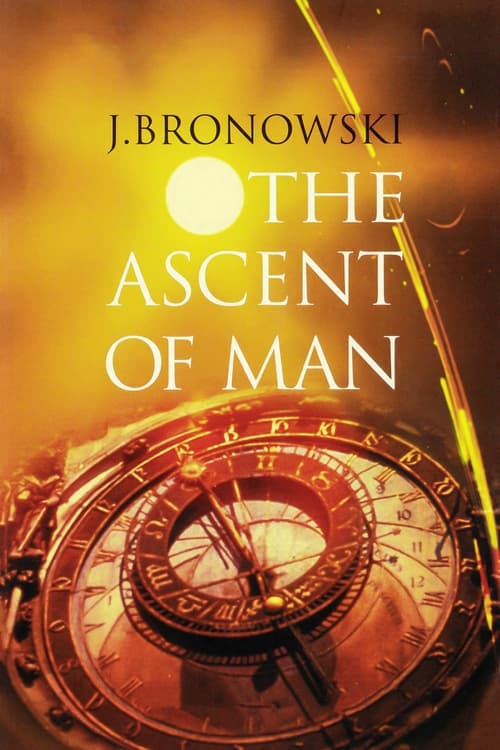
The Ascent of Man
The Ascent of Man is a thirteen-part documentary television series produced by the BBC and Time-Life Films first transmitted in 1973, written and presented by Jacob Bronowski. Intended as a series of "personal view" documentaries in the manner of Kenneth Clark's 1969 series Civilisation, the series received acclaim for Bronowski's highly informed but eloquently simple analysis, his long unscripted monologues and its extensive location shoots.
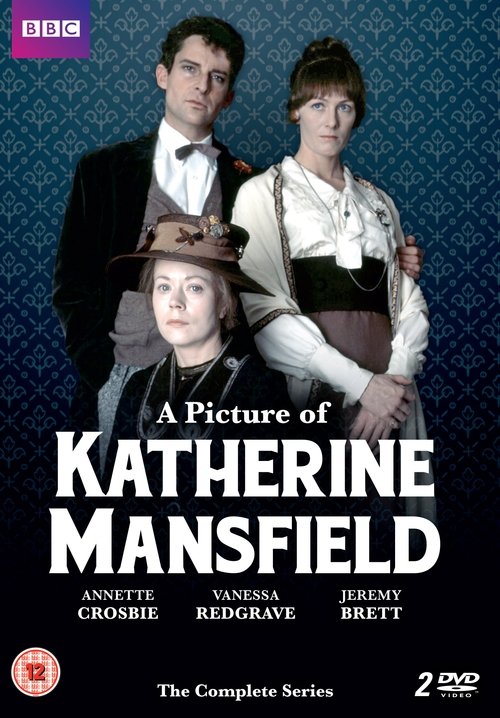
A Picture of Katherine Mansfield
A Picture of Katherine Mansfield is a 1973 BBC television drama series starring Vanessa Redgrave as the title character. The series included dramatizations of Mansfield's life as well as adaptations of her short stories.
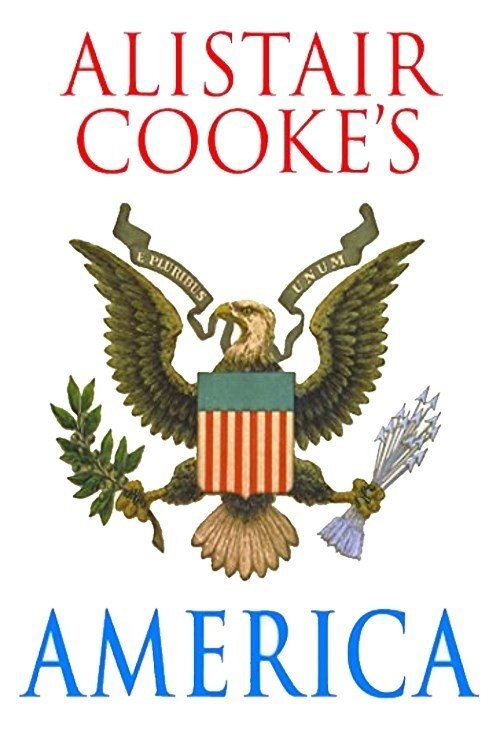 0
0America: A Personal History of the United States
First transmitted in 1972, Alistair Cooke's America was a series of thirteen, fifty-minute films in colour, written and narrated by Alistair Cooke. The programmes trace the history of the United States from the early voyages of discovery to the present.
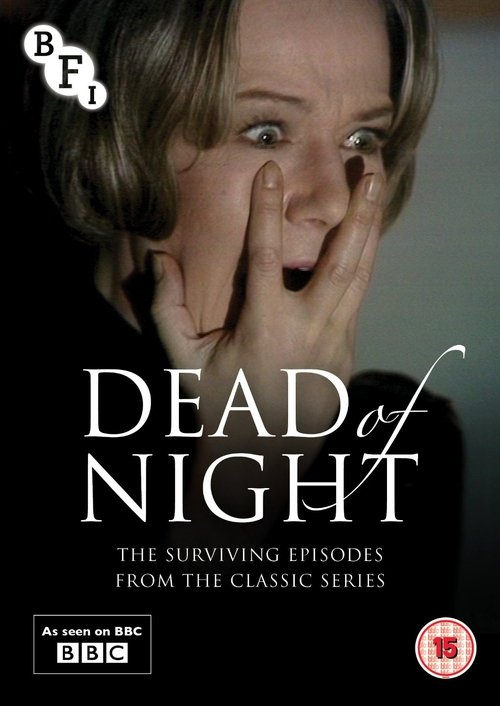
Dead of Night
Dead of Night was a British television anthology series of supernatural fiction, produced by the BBC and broadcast on BBC2 in 1972. It ran for a single series; of its seven 50-minute episodes, only three—'The Exorcism', 'Return Flight', and 'A Woman Sobbing'—are known to survive in the Archives. Another programme made by the same production team under Innes Lloyd, 'The Stone Tape', intended to be the eighth episode, does survive in the Archives but was not broadcast under the Dead of Night banner. BBC Four rebroadcast "The Exorcism" on 22 December 2007.

Mastermind
Mastermind is a British quiz show, well known for its challenging questions, intimidating setting and air of seriousness. Devised by Bill Wright, the basic format of Mastermind has never changed — four and in later contests five contestants face two rounds, one on a specialised subject of the contestant's choice, the other a general knowledge round. Wright drew inspiration from his experiences of being interrogated by the Gestapo during World War II. The atmosphere is helped by Mastermind's famously ominous theme music, "Approaching Menace" by the British composer Neil Richardson. The quiz programme originated and was recorded in Manchester at studios such as New Broadcasting House and Granada Studios, before permanently moving to MediaCityUK in 2011.

His Lordship Entertains
His Lordship Entertains was Ronnie Barker's second sitcom vehicle for his Lord Rustless character, first seen three years earlier in Hark at Barker on ITV. This time though, Rustless had switched channels and was now appearing on BBC2. Hark at Barker had also included sketch inserts, whereas His Lordship Entertains was a regular sitcom. Set again in the aristocratic Chrome Hall, which had now become a hotel. It again also starred David Jason as the 100 year old Dithers and Josephine Tewson as Mildred Bates. Two actors who would go on to have a long working relationship with Barker. In fact all of the regular cast reprised their roles from Hark at Barker. Barker wrote all the scripts under the pseudonym Jonathan Cobbald. He liked to refer to the show as "Fawlty Towers mark one" as it appeared on television three years before that other hotel bound sitcom. Four episodes of the sitcom were recently performed on stage by Nottingham University's New Theatre.
